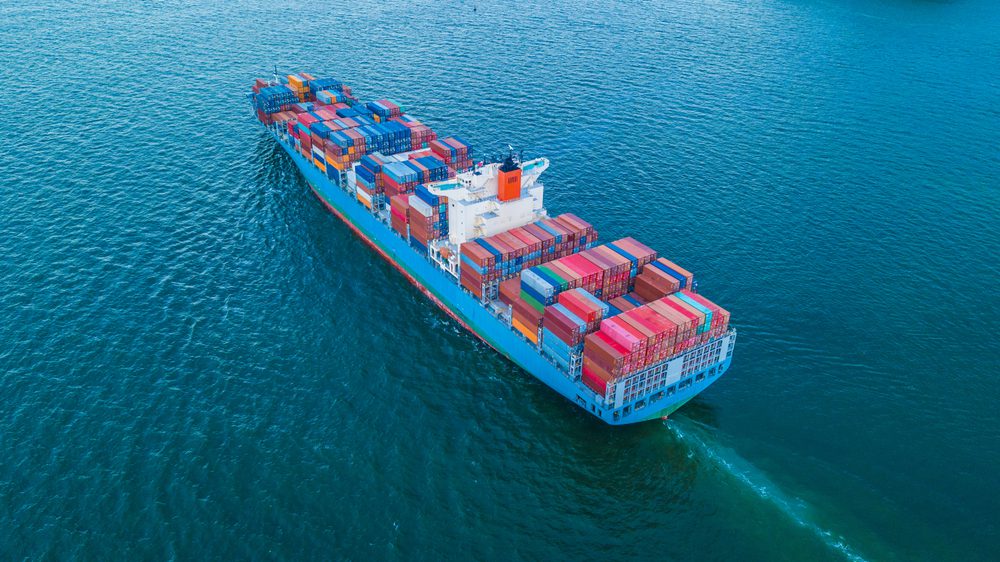Photo: Avigator Thailand / Shutterstock
By Daniel Moss (Bloomberg Opinion) — Give South Korean President Moon Jae-in marks for boldness.
The Korean Peninsula seems an unlikely place to plant the seeds of a northeast Asian version of the European Union. Yet that is what Moon is proposing to do with a connected rail system.
So much for that talk of “globalization in retreat.” One can’t judge only by the headlines about Donald Trump’s trade wars, U.S.-China relations, Brexit, and America’s exit from the Trans-Pacific Partnership.
Instead, perhaps trade had just changed. Trans-border commerce is taking on a distinctly regional flavor.
Aren’t North and South Korea still technically at war? That seems a long way from circumstances of the Maastricht Treaty and the euro. The EU started as something more modest: a coal and steel community. That’s where Moon is going. Start small.
There are other ascendant regional efforts: the Association of Southeast Asian Nations, the African Union, the deal this week to keep Nafta — sorry, USMCA — alive, not to mention China’s sprawling Belt & Road initiative. Trump still disses the World Trade Organization, and it’s tough to see a sweeping global trade deal anytime soon. But it is easier by the day to see how international trade will grow regionally.
Moon in August proposed an East Asian railroad community that would link the Koreas, China, Japan, Mongolia and Russia. He said he specifically had in mind the European Coal and Steel Community that decades later evolved into the EU. Moon returned to that point Sept. 25 at the Council on Foreign Relations in New York. I was startled when I heard him make the comparison. It could be pie-in-the-sky, but that he would even say he aspires to such a model tells us something important.
Asean might be a more concrete model. It was founded in the 1960s by a handful of anti-Communist strongmen with little in common other than a neighborhood and some level of American backing. The region now has a pretty high level of integration even if it hasn’t reached the lofty heights of the EU. At least no member is holding a referendum on leaving Asean!
Economists at the Asian Development Bank developed a model for comparing regional integration around the planet. They found that the EU is far more knitted together than other locales with a glaring exception: trade and investment. Asean started way behind, but caught the EU around 2010. Singapore and Malaysia went further, breaking into the EU’s ranks.
Asia is also heavily integrated because of its key role in global supply chains. The region accounts for 34 percent of global exports, according to Morgan Stanley, with 44 percent of those shipments destined for ports within the area.
Across the Indian Ocean, the African Union has high hopes for a continent-wide free-trade bloc whose members have a combined gross domestic product of more than $3 trillion. The problem is ratification. Nigeria and South Africa aren’t there yet. The potential is significant if it can progress, given intra-African commerce is well below Latin America and Asia, Bloomberg News’s David Malingha Doya notes.
South Korea’s Moon seems to recognize that buying and selling across borders is not just a thing of the past; it’s the present and the future. And it’s certainly better than war.
© 2018 Bloomberg L.P

 Join The Club
Join The Club











